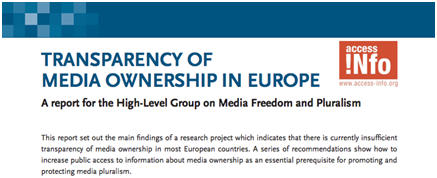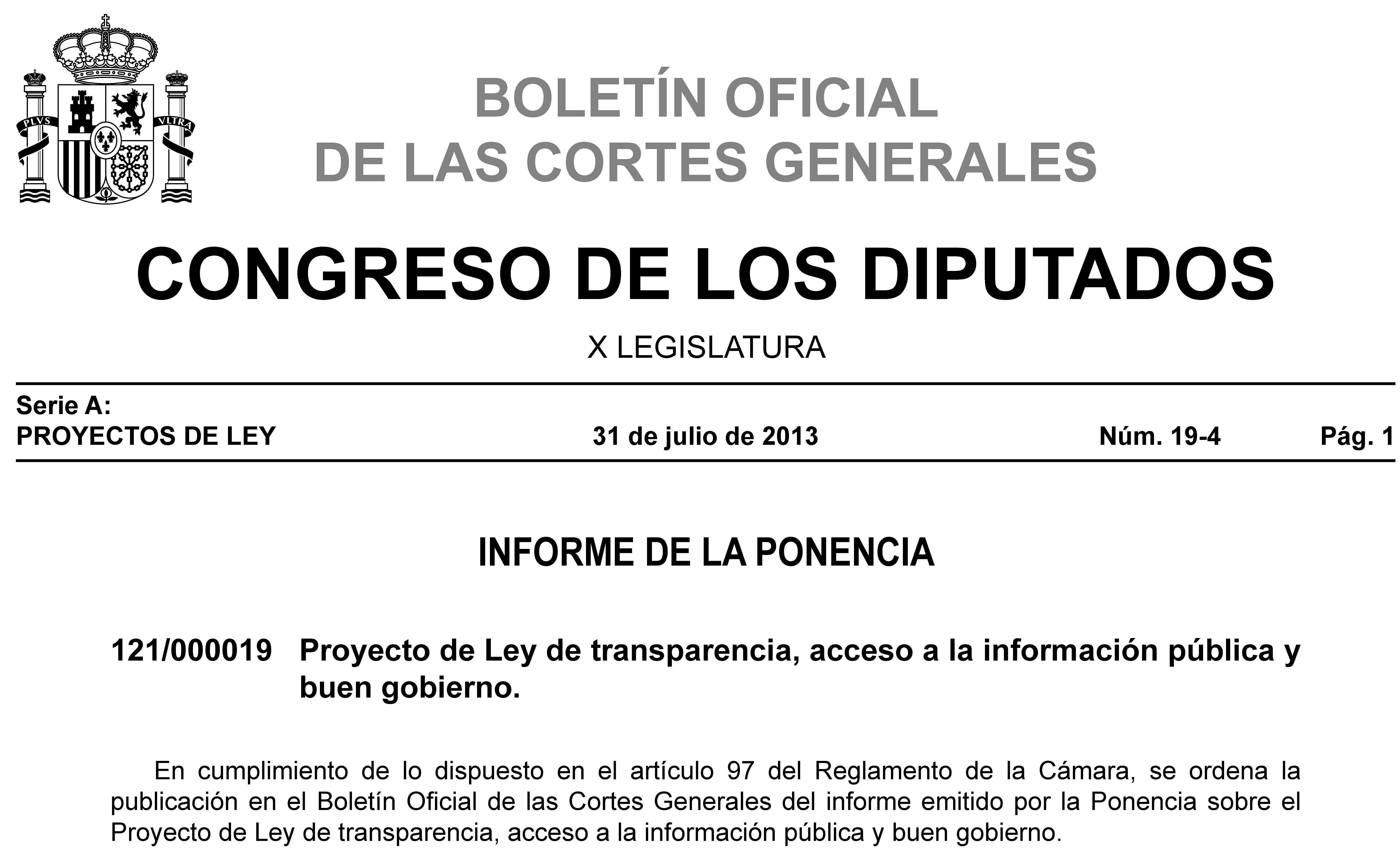Germany TMO Consultation
Helen Darbishire2018-11-13T10:12:28+01:00Can the public find out who owns the media through free access to the essential information required? It is possible to find out who owns broadcast media in Germany through the media-specific legislation. Media in Germany are regulated by the 16 federal states (or Länder). Broadcast media are regulated by the Interstate Treaty on Broadcasting and Telemedia (RStV) which sets out a legal framework that must be used by each of the 14 state media laws which cover the 16 federal states, thus ensuring consistency across Germany. Under these laws, the public can find out who the owners of broadcast




